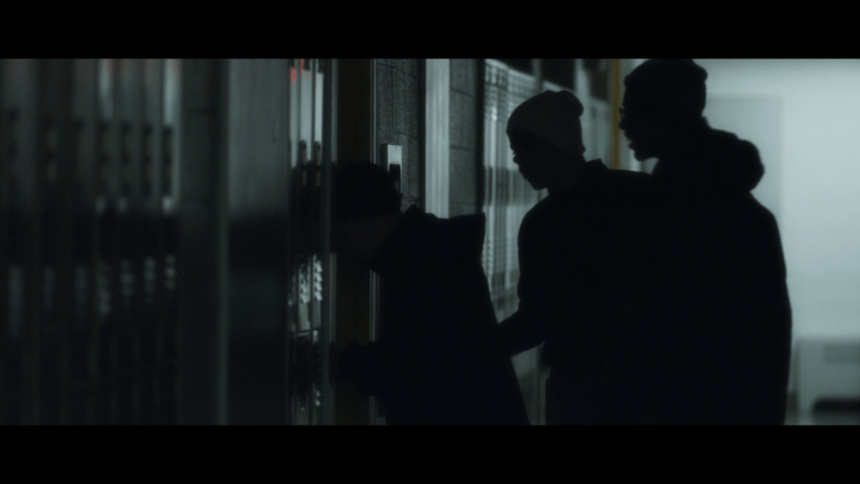Slamdance 2018 Review: THE RAINBOW EXPERIMENT, Educational Nightmares

I do not envy anyone working in the public school system in the United States. Teachers are overworked and underpaid, administrators are caught between helping the teachers and serving the parents; some students get lost in the shuffle, while others make life hell for their teachers; and parents themselves are often caught between knowing what is best for their child, letting teachers do their job, and too often an ignorance of how schools actually operate and the conditions under which schools suffer.
Christina Kallas turns an unflinching and somewhat experimental eye towards this in her latest feature, The Rainbow Experiment. Part cinema verite, part social realist drama, she relates the story of an incredibly difficult day in the lives of teachers, students, parents, and administrators, in order to look at how each sector operates and how sectors both help and hinder each other and the uncovering of the facts.
On what should be just another school day, a science experiment goes horribly wrong, leaving a young student hospitalized and disfigured. The teacher, Ms. Dhawan (Nina Mehta) is distraught; Principle Williamson (Patrick Bonck) is trying to manage the crisis while comforting his ex-wife; the victim's father (Swann Gruen) can't handle the pain; and the various staff, faculty, friends all try to piece together what happened as they deal with their grief, confusion, and anger. And the story is overseen and narrated by the victim himself, Matty (Connor Siemer).
Beginning in an almost documentary style, our narrator takes us through the initial moments after the accident, introducing the main characters, and immediately plunging us into the surreal nightmare of the day to come. Handheld cameras focus on faces who are trying desperately to contain distraught emotions, and use of split-screen shows us the different time and plot lines that will eventually converge in a terrible climax.
When bureacracy comes head to head with hotheaded students, exahusted teachers, angry parents, and a system that leaves no room for natural and often inevitable human error, Kallas takes us in to how too human we can be, in that memory becomes unreliable, and ego clashes with understanding. Kallas' trope of actors certainly keep the tone on to the cinema verite style; only certian actions and the narration remind the audience that this is not a documentary.
Kallas juggles a lot of storylines, using the split screen to chart their course and interdependence. While most look at the characters and how they are personally and professional affected by the accident, a few seems somewhat outside of the story; at least, their presence seems somewhat unnecessary, and in theory, maybe a few could have been edited out without affecting the story adversely (it's also a lot to keep track of).
By recounting these stories of the private and public politics, the emotional and the professional, Kallas asks her audience to understand and question how easily we think we can know what happened in any terrible accident. The Rainbow Experiment gives us a (sadly) not unsurprising, but important view of a atypical day in the life of a high school, an eye to the often near-impossible task of educating (often reluctant and difficult) teenagers while maintaining good relations with parents and satisfying the administration.







